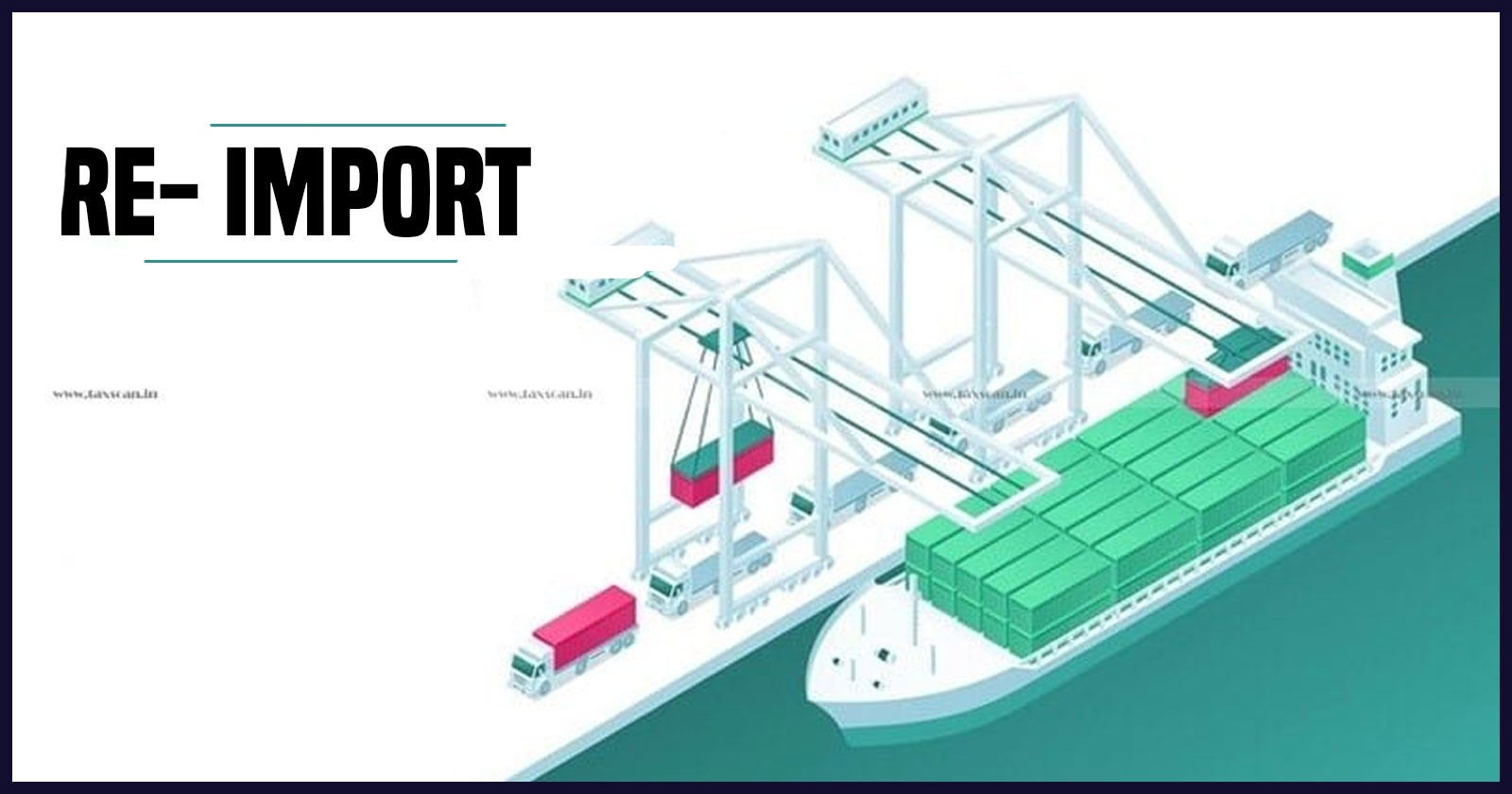Madras HC Quashes Customs Order for Denial of Duty Drawback Claim of 2015 Without Issuing Mandatory Deficiency Memo u/r 13(3)(a) [Read Order]
The bench noted that the 2015 claims were governed by the then-prevailing legal framework, which expressly required issuance of a deficiency memo in a prescribed format under Rule 13(3)(a).
![Madras HC Quashes Customs Order for Denial of Duty Drawback Claim of 2015 Without Issuing Mandatory Deficiency Memo u/r 13(3)(a) [Read Order] Madras HC Quashes Customs Order for Denial of Duty Drawback Claim of 2015 Without Issuing Mandatory Deficiency Memo u/r 13(3)(a) [Read Order]](https://images.taxscan.in/h-upload/2025/06/13/2043684-customs-order-madras-hc-mandatory-deficiency-memo-taxscan.webp)
The Madras High Court, in a recent ruling, quashed the order passed by the Assistant Commissioner of Customs denying duty drawback claims filed in 2015.
The Court held that the customs authority had failed to follow the mandatory procedure under Rule 13(3)(a) of the Customs, Central Excise Duty and Service Tax Drawback Rules, 1995, by not issuing a deficiency memo within the prescribed timeline before rejecting the claims.
The petitioner, Royale Marine Impex Pvt. Ltd. had filed duty drawback claims pertaining to five shipping bills dated between October and December 2015, cumulatively amounting to over ₹11 lakh.
Practical Case Studies in Forensic Accounting & Corporate Fraud Investigation - Click Here
 Also Read:Incorrect Fabric Label on Reimported Goods: CESTAT Finds No Misdeclaration as Composition Remains Same and Customs Duty Drawback Is Returned [Read Order]
Also Read:Incorrect Fabric Label on Reimported Goods: CESTAT Finds No Misdeclaration as Composition Remains Same and Customs Duty Drawback Is Returned [Read Order]
According to the petitioner, these claims were arbitrarily "zeroed out" in June 2018 without any speaking order or prior intimation, and without issuing a deficiency memo highlighting the alleged deficiencies in the claims.
Counsel for the petitioner, Mr. Sethu Prabakaran R. argued that Rule 13(3)(a) of the 1995 Rules mandates that in case of an incomplete or defective drawback claim, the same must be returned with a deficiency memo within 10 days, failing which the claim cannot be deemed unfiled. However, in the present case, no such memo was ever served. The petitioner asserted that this was a gross violation of the mandatory statutory procedure, rendering the rejection order illegal.
In response, the customs department contended that with the advent of the Indian Customs EDI System (ICES) and the ICEGATE portal, queries regarding the drawback claims were raised electronically, and the petitioner failed to respond or attend personal hearings as per Public Notice No. 17/18 dated 09.03.2018. The department claimed that the electronic communication of queries fulfilled the requirement of issuing deficiency memos.
 Also Read:Fulfilment of Conditions of Customs Notification Not Applicable When goods imported were destroyed in fire: CESTAT Allows Customs Duty Redemption to Piramal Enterprises [Read Order]
Also Read:Fulfilment of Conditions of Customs Notification Not Applicable When goods imported were destroyed in fire: CESTAT Allows Customs Duty Redemption to Piramal Enterprises [Read Order]
Rejecting this argument, the Court held that the 2015 claims were governed by the then-prevailing legal framework, which expressly required issuance of a deficiency memo in a prescribed format under Rule 13(3)(a). The Public Notice cited by the department was issued in 2018, well after the relevant shipping bills had been filed, and could not be retrospectively applied.
Moreover, the Court noted that the impugned order did not reflect or discuss the mandatory provisions or the contentions raised by the petitioner, rendering it a non-speaking order.
The court, without expressing any opinion on the merits of the case, directed the customs department to reconsider the matter. It quashed the impugned order dated 06.12.2023 and remanded the matter back to the Assistant Commissioner of Customs.
The officer has been directed to pass a fresh, reasoned order within eight weeks, after granting the petitioner three personal hearings and considering all relevant contentions on merits and in accordance with law.
Tax Planning For NRIs - CLICK HERE
 Also Read:17-Year Delay in Adjudication: Madras HC Quashes Service Tax SCN Despite Department’s Call Book Justification [Read Order]
Also Read:17-Year Delay in Adjudication: Madras HC Quashes Service Tax SCN Despite Department’s Call Book Justification [Read Order]


